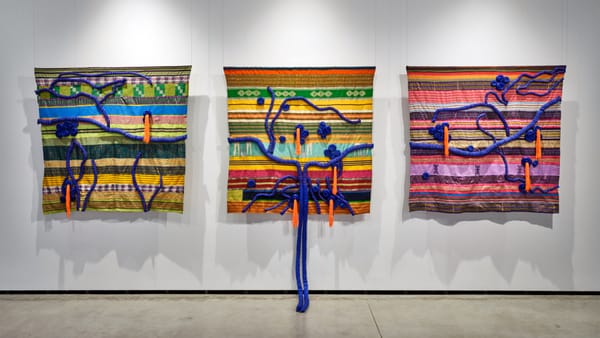Photographing Thoreau's Walden Pond in Its Altered 21st-Century Landscape
From 2010 to 2014, photographer S.B. Walker explored the shores of Walden Pond, where Thoreau's bucolic environment now bustles with recreation and development.
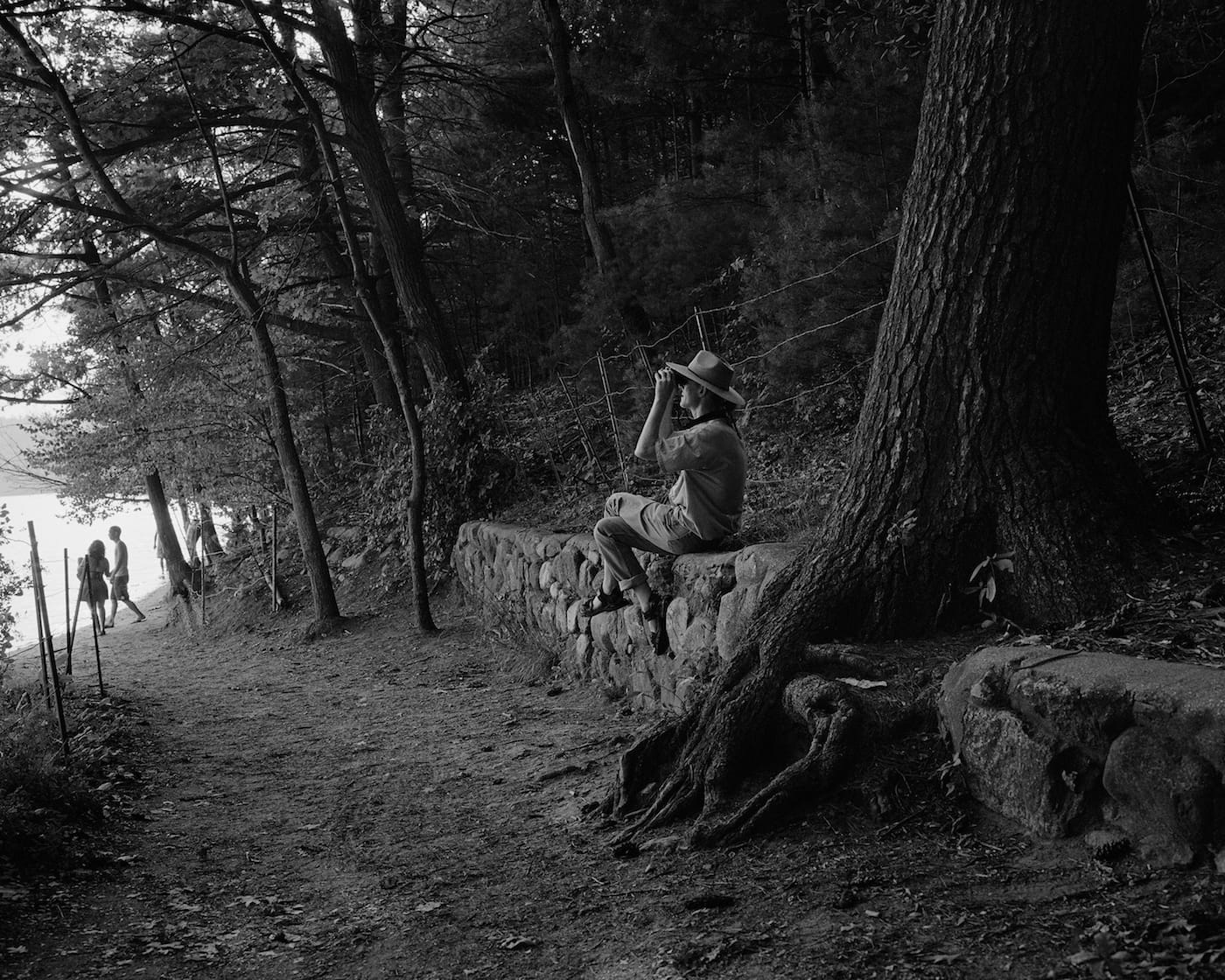
In black-and-white photographs taken from 2010 to 2014, S.B. Walker documented the Walden Pond of the 21st century. Situated west of Boston, and now a popular outdoor recreation site, it’s more suburban than secluded, as it was in 1845 when Henry David Thoreau went into the woods “to live deliberately.” Borrowing the title of Thoreau’s famed chronicle of his reflective retreat, Walker’s Walden captures the contrasts between the pond’s bucolic fame, and its more raucous present.
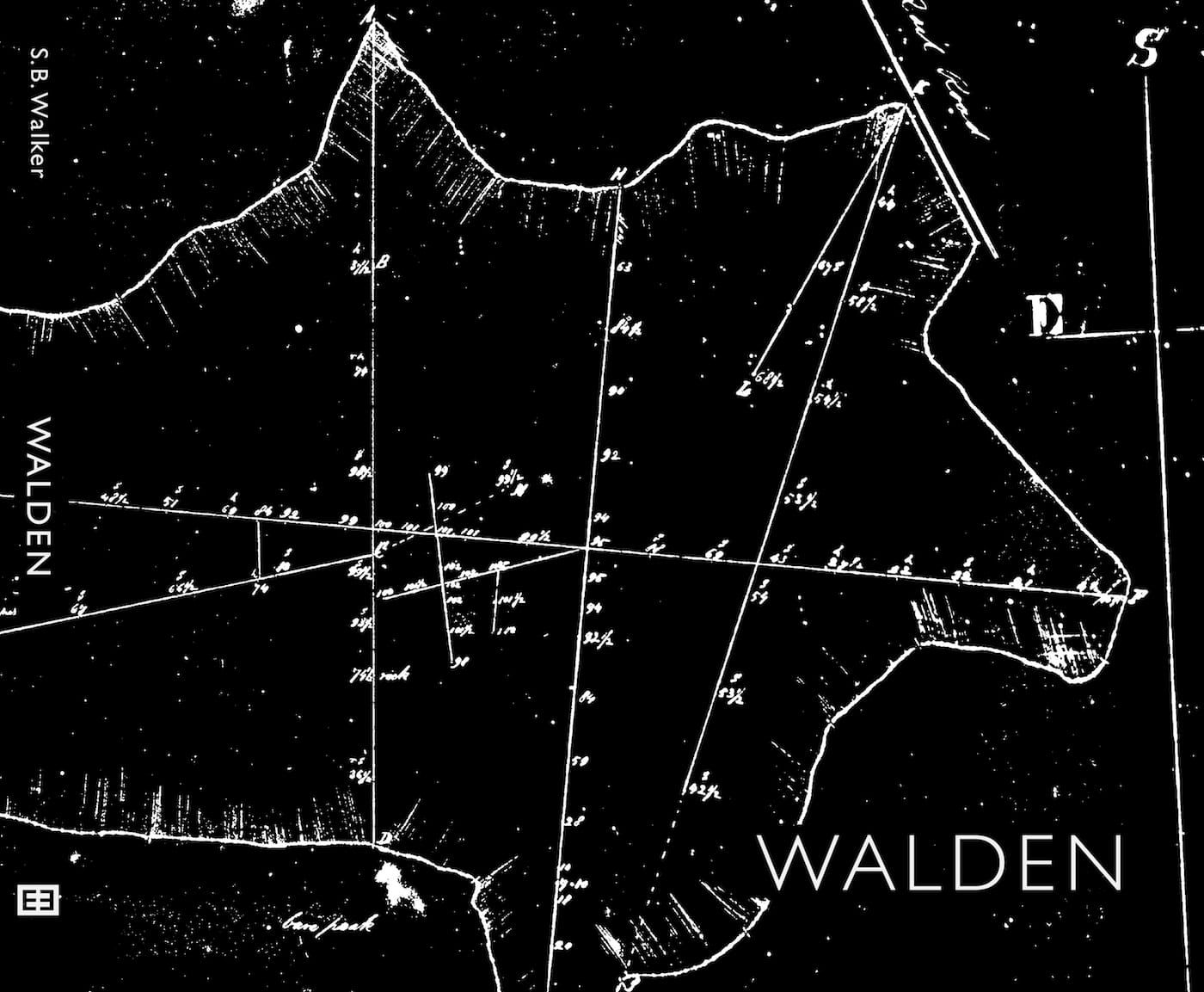
This year is the bicentennial of Thoreau’s birth in 1817. The monograph is out May 16 from Kehrer Verlag, and photographs from the series will be on view May 4 to June 17 at Janet Borden Inc. in Brooklyn. The book avoids contrasting Thoreau’s words with the images of the modern-day site, where literary fans, birdwatchers, fishers, swimmers, and hikers all come to wander the pond’s forested shores. Aside from one Thoreau quote at the beginning (his 1840 list of paradoxes, such as “The highest condition of art is artlessness” and “He who resists not at all will never surrender”), the American author is verbally absent. Yet he is the reason this place has such national resonance, and thus he haunts each frame, whether the curve of a path bordered by barbed wire recalling his walks in search of solitude, or a beautiful image of his beloved pond in winter interrupted by a Target bag.
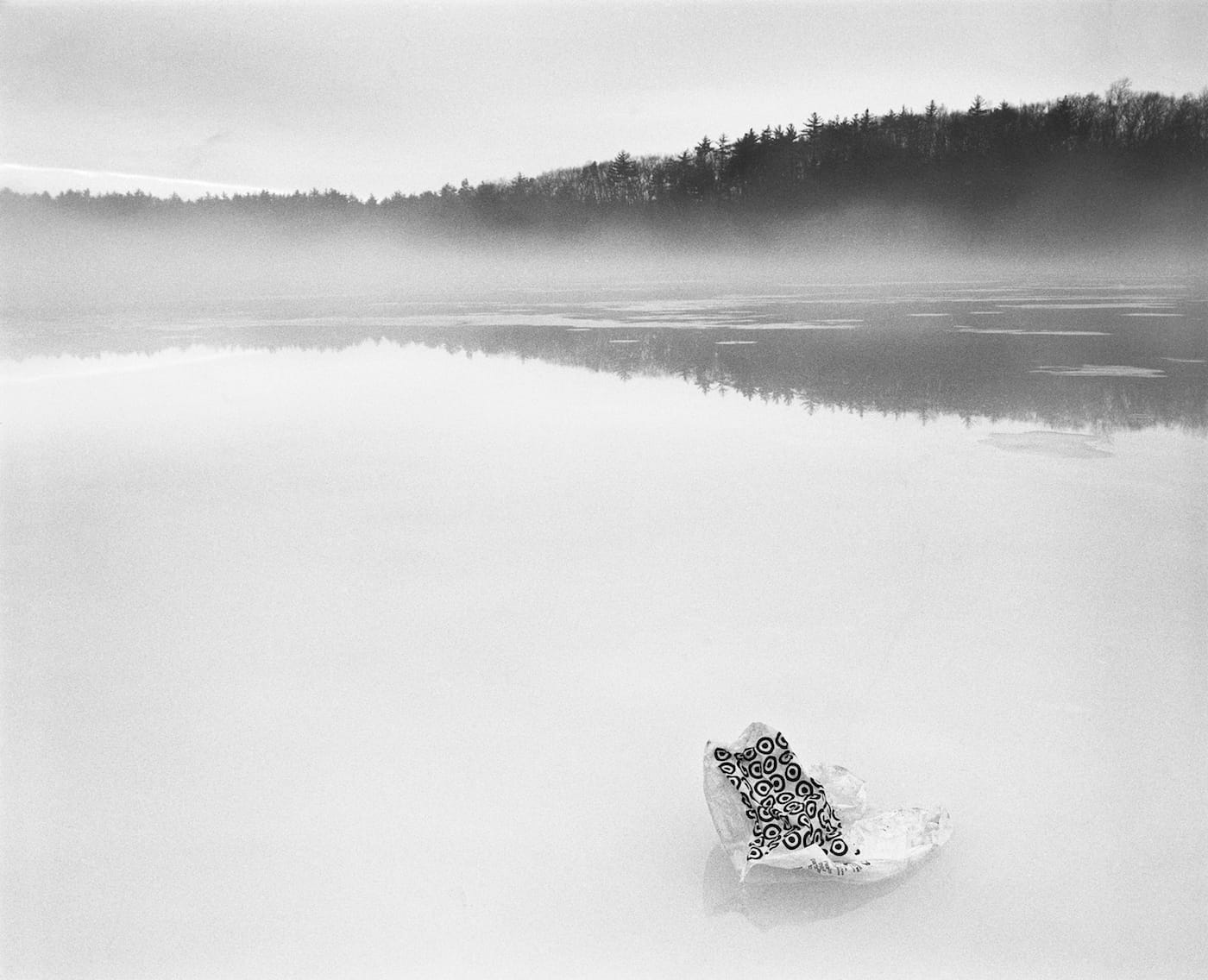
“Throughout the book we see wire fences, the worn out paths of legions of beach-goers, and the tell-tale marks of chain saws, further signs of how decisively Walker’s vision diverges from Thoreau’s,” writes Alan Trachtenberg, professor emeritus of English and American studies at Yale University, in a book essay. “Because Walker’s vision is embodied in photographs, it is grounded in visual fact. His vision derives from the way things are, the changes that have occurred since Thoreau, confirmed by the camera.”
It can be easy to read the photographs as simply a visual degradation of Thoreau’s idyllic pond, of a decay of humanity with glimpses of swimmers on their cellphones and tattoos of Citgo logos. Yet Thoreau’s isolated Walden Pond was something of a fiction, with a train track rattling nearby, and regular visitors to his cabin. Like Walker’s photographs of Polaroid factories being demolished, there is a somber tone in the alterations to the pond over the years, including shots of a bulldozer making way for a highway expansion, and an adjacent landfill. Nevertheless, the pictured human interactions with nature, from state troopers using it for recovery training to a biologist tracking the blooms of flowers, show it as an active place of all seasons. Humans have radically altered this Massachusetts pond, but it is still being experienced as an environment. To borrow a quote from Thoreau, “Things do not change; we change.”
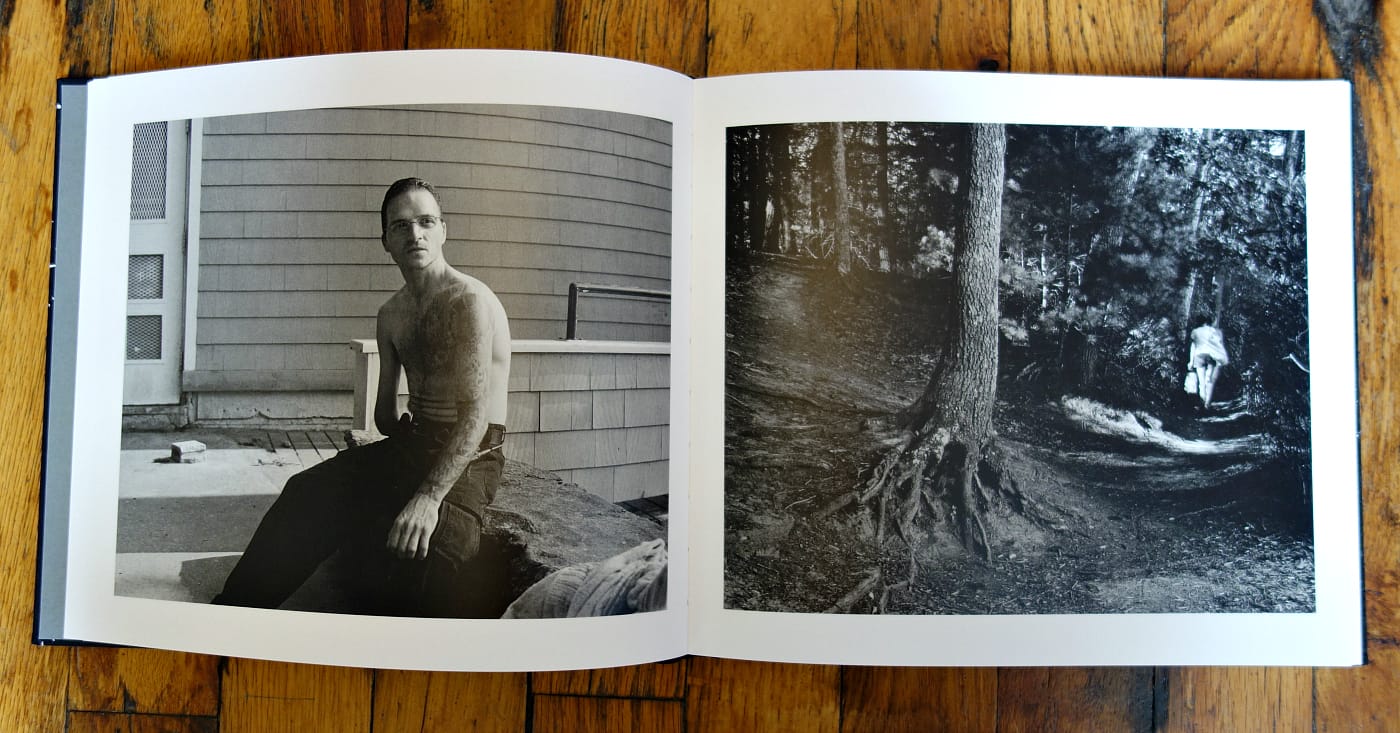
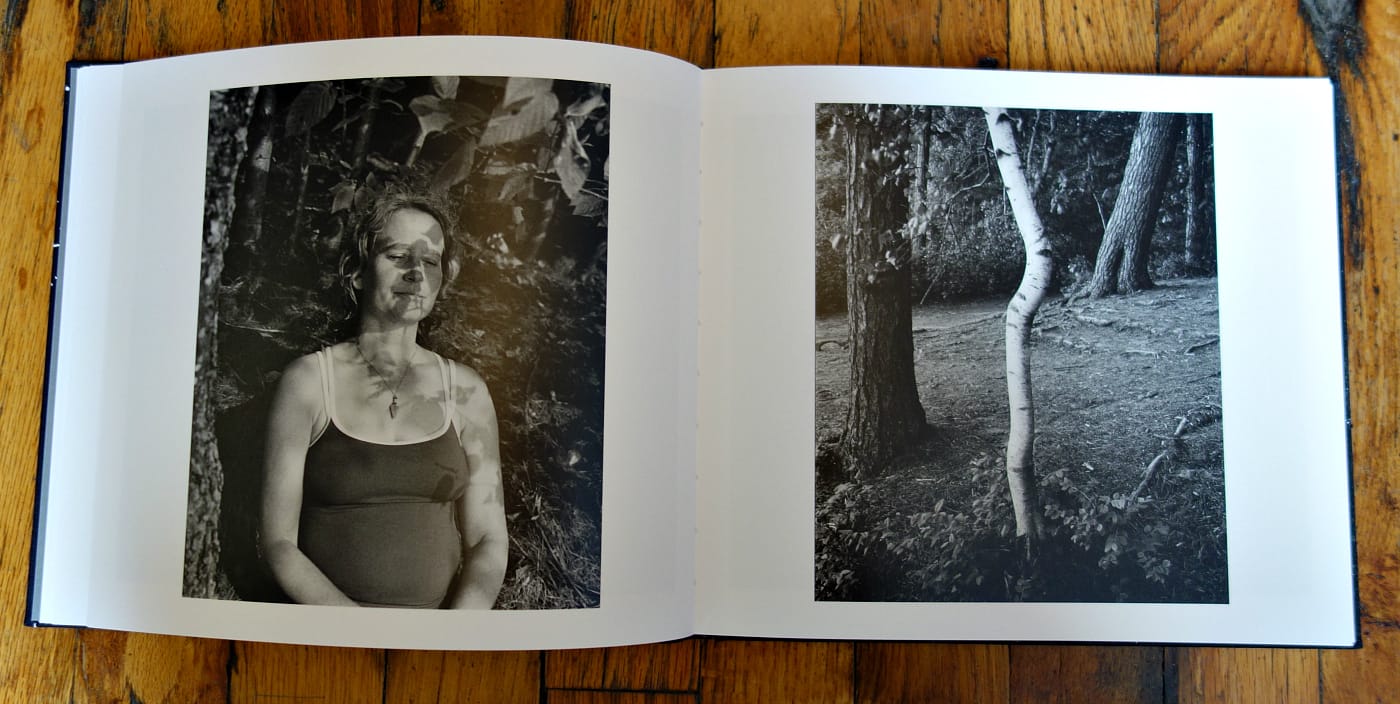
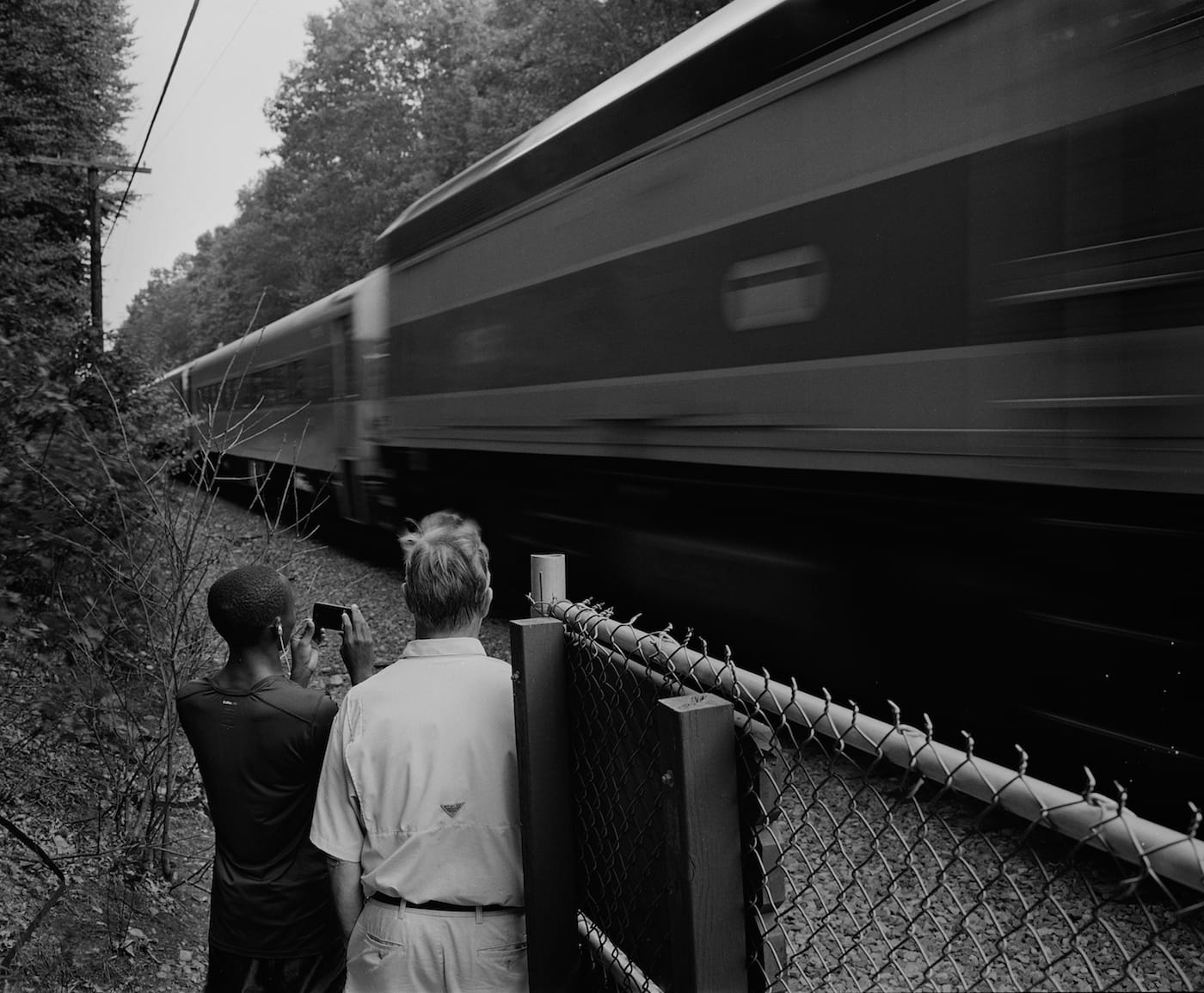
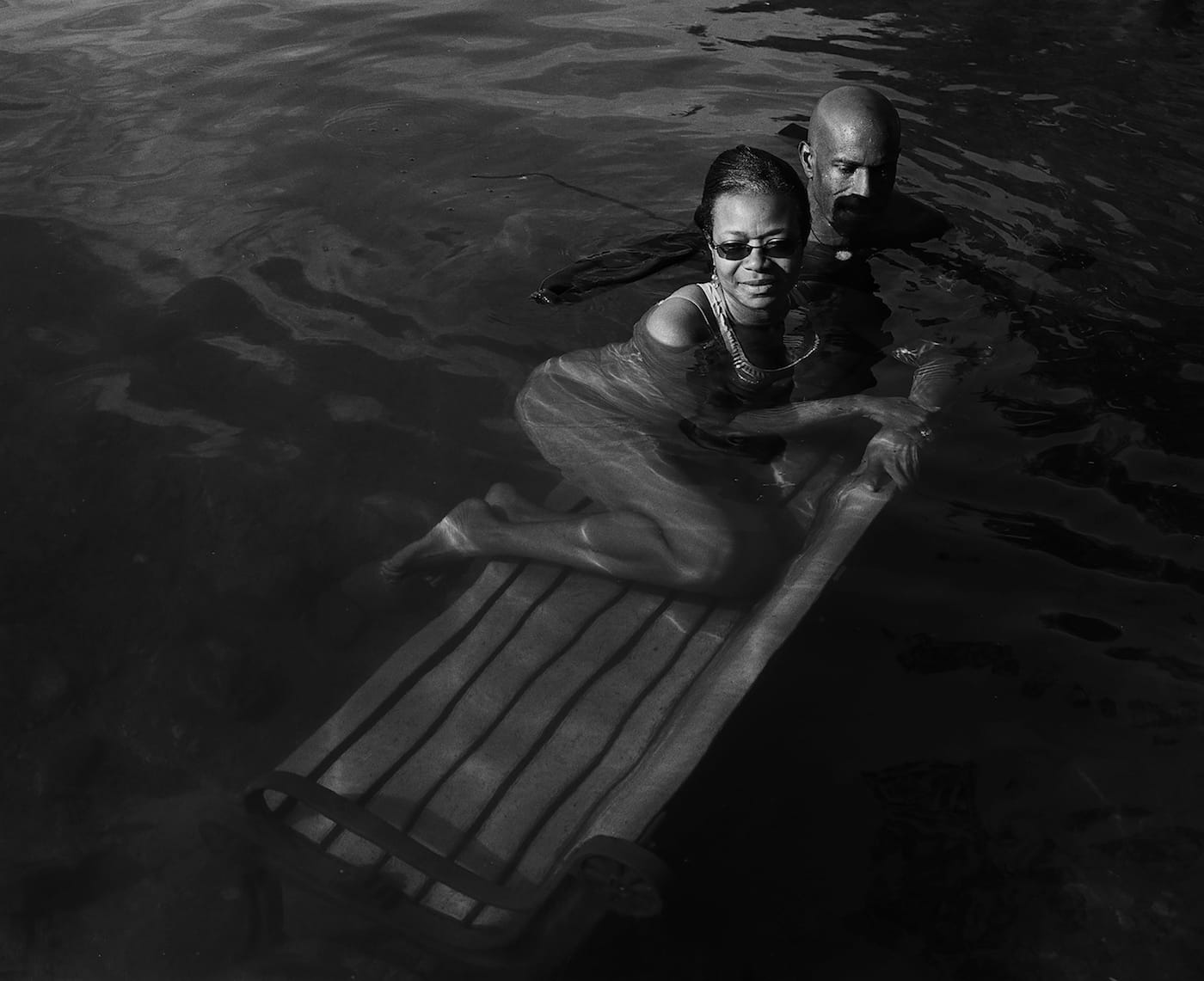
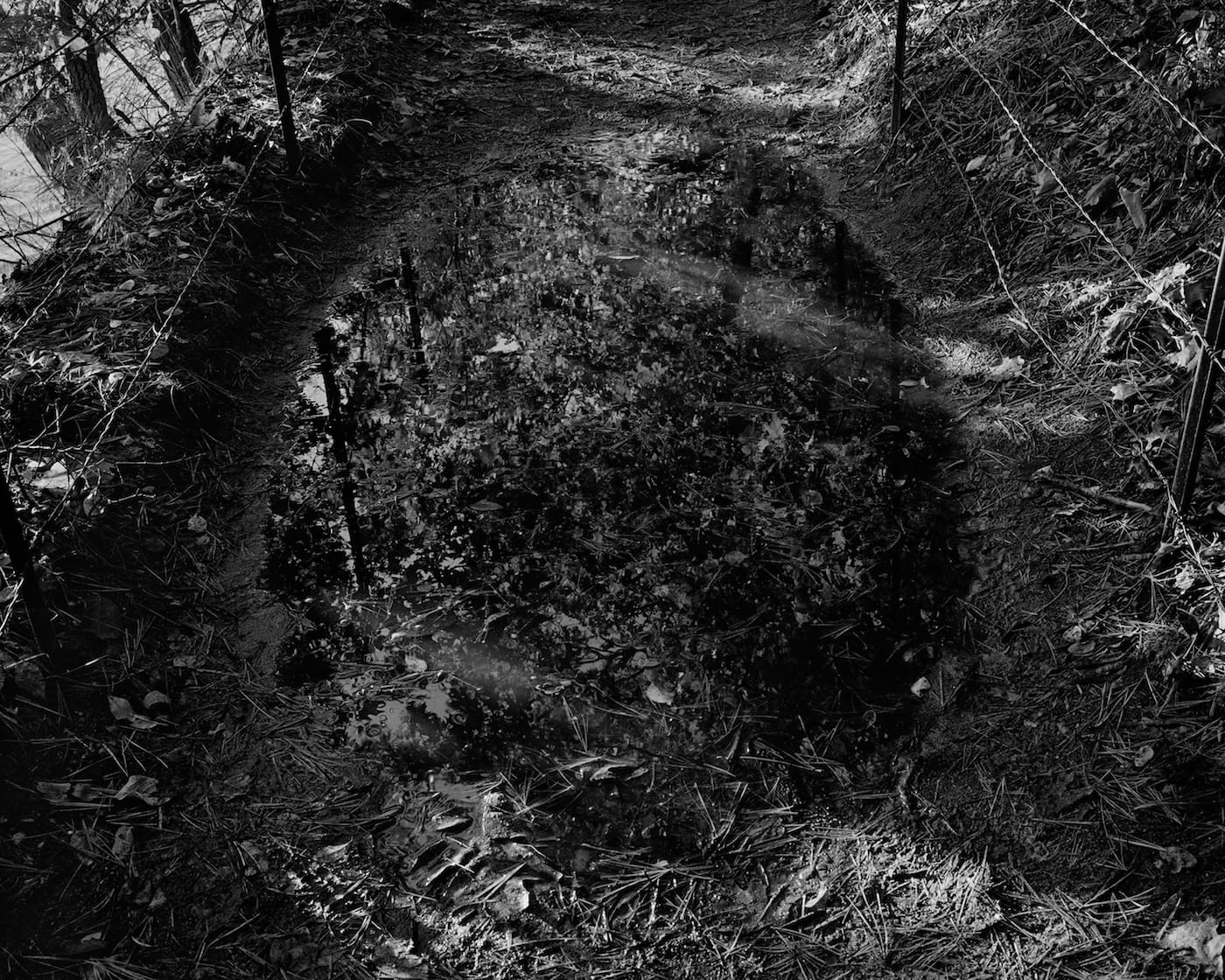
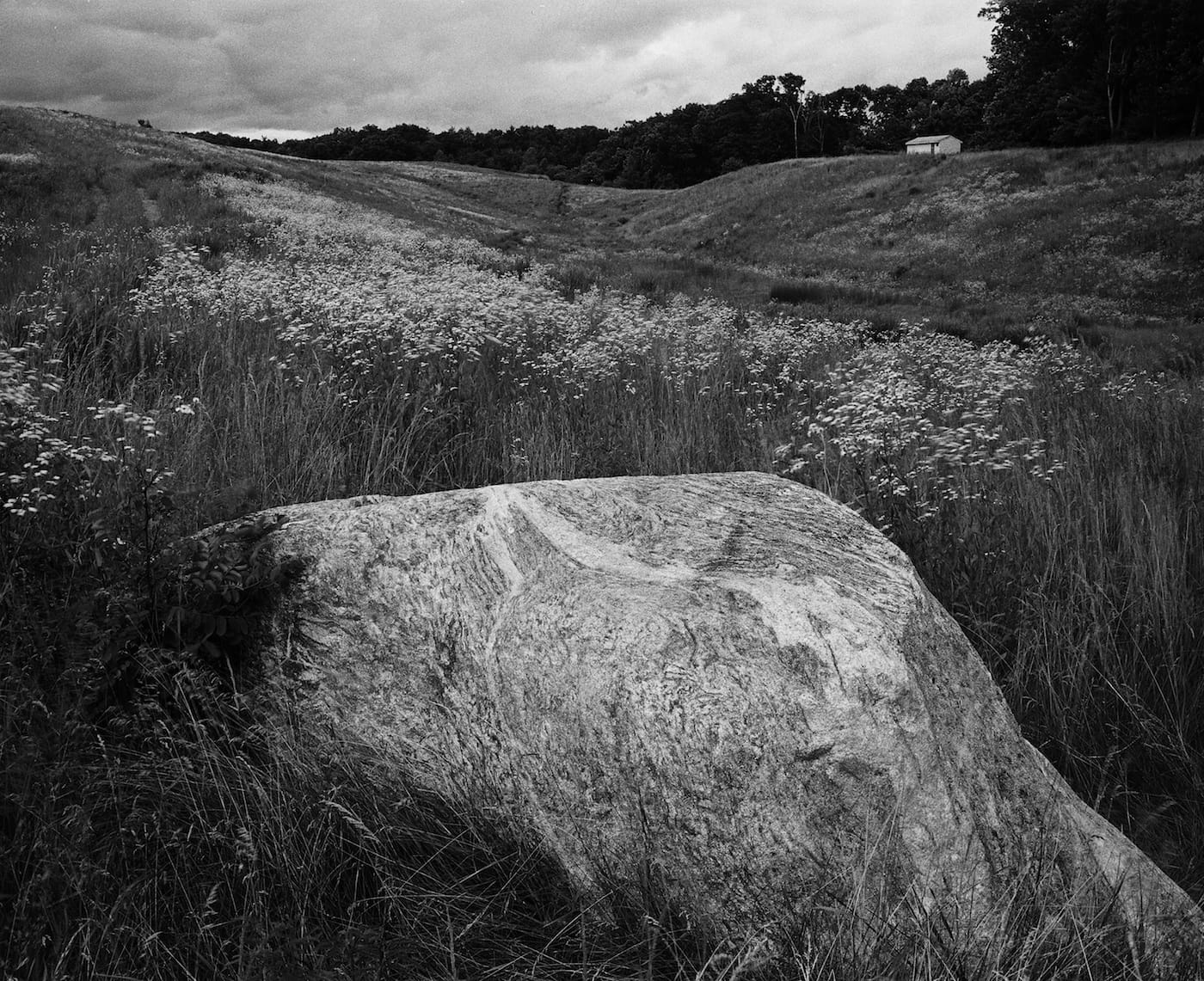
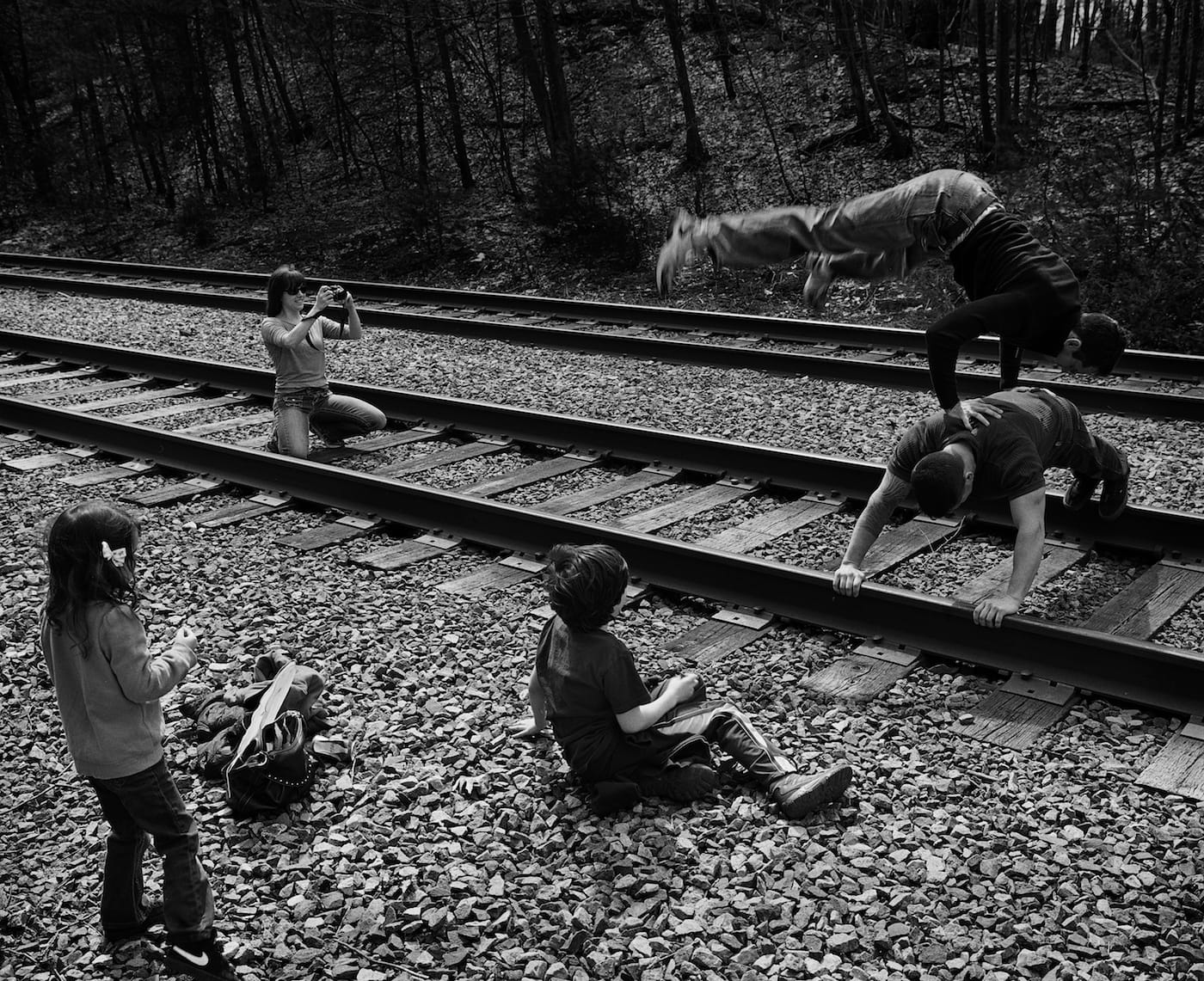
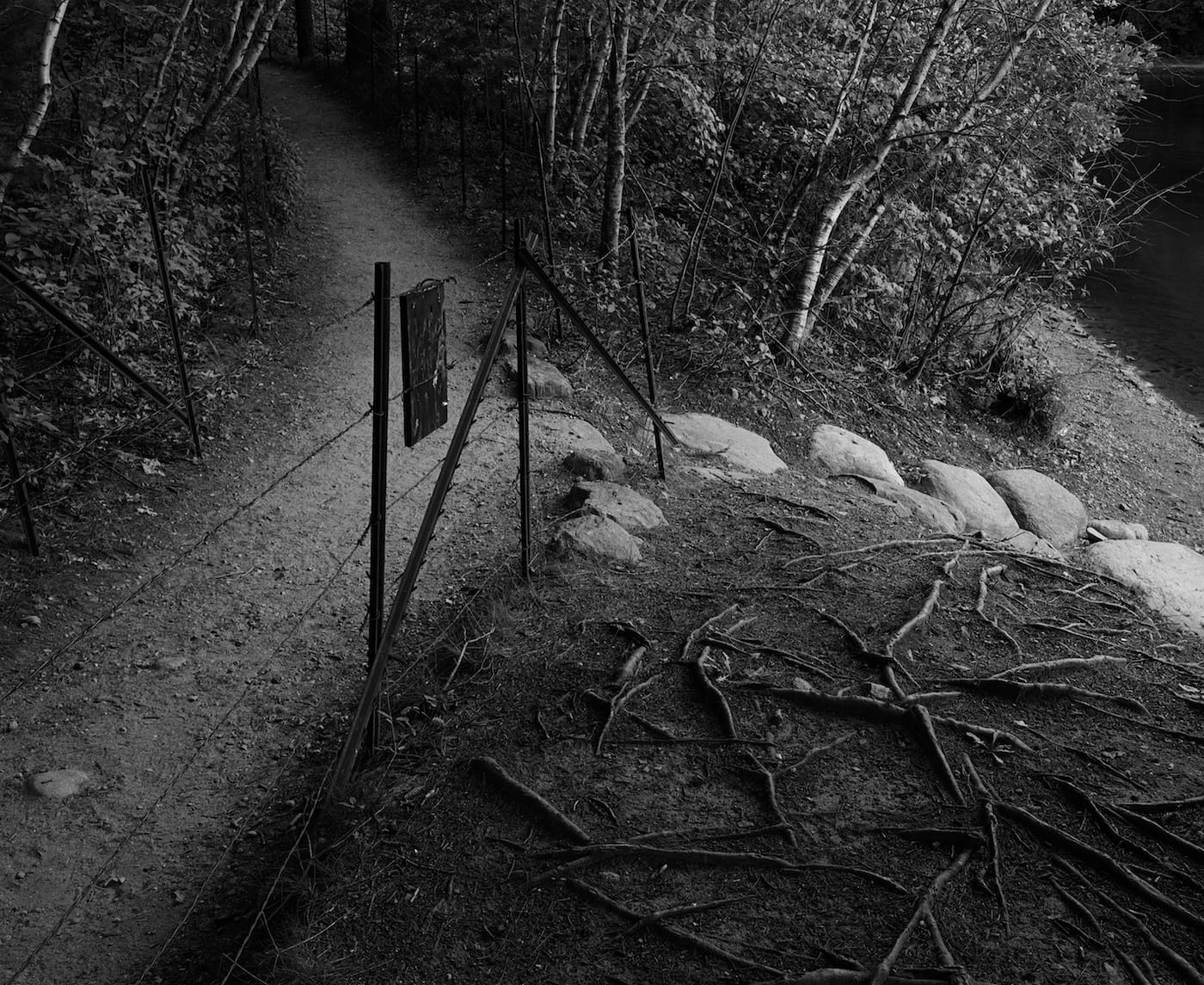

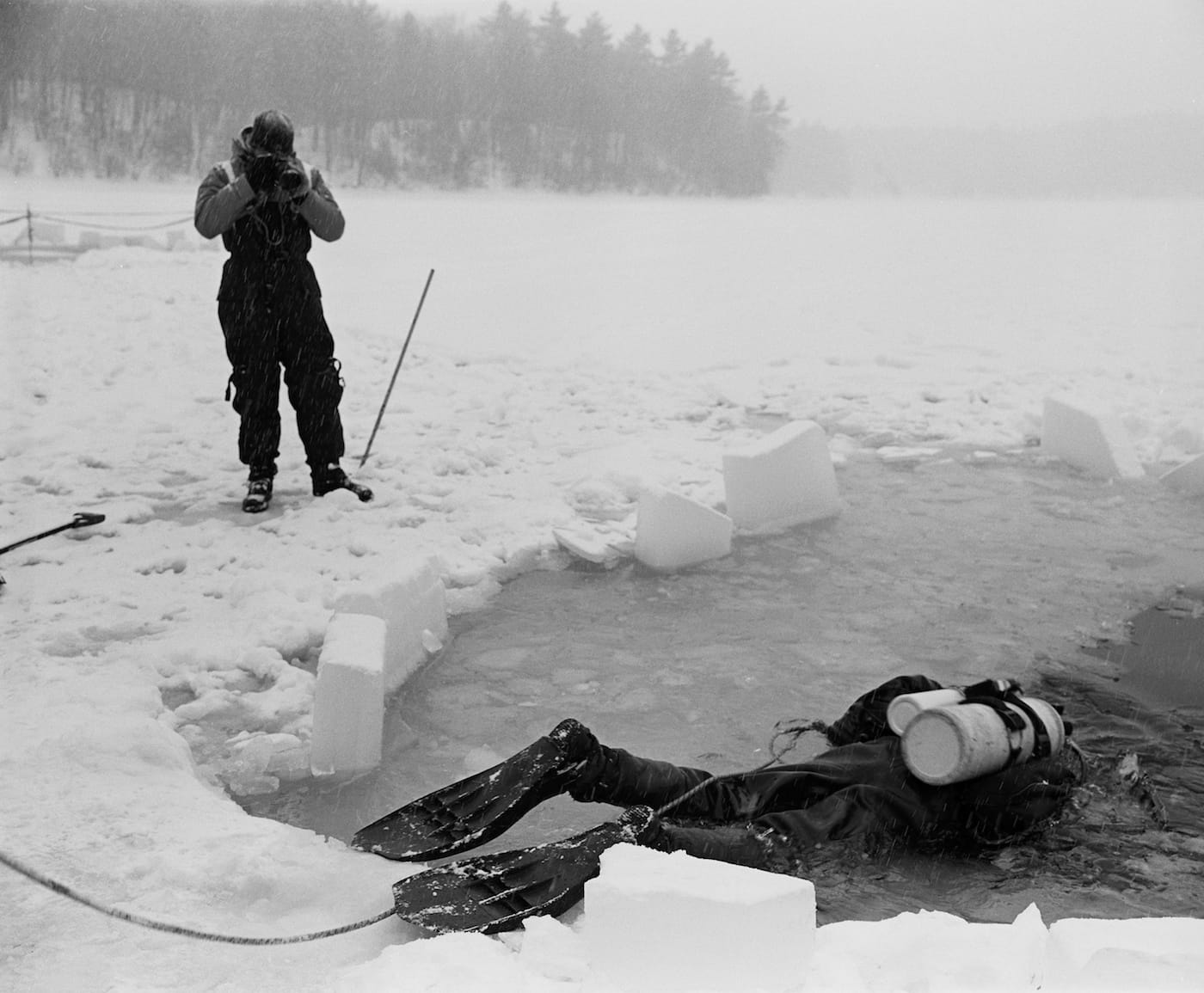
Walden by S.B. Walker is out May 16 from Kehrer Verlag. Photographs from the series will be on view May 4 to June 17 at Janet Borden Inc. (91 Water Street, Dumbo, Brooklyn).





